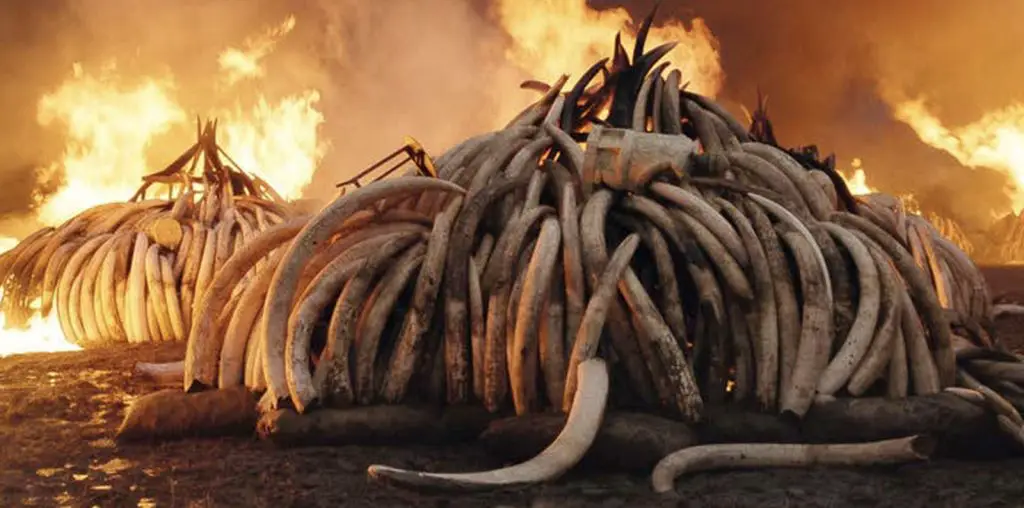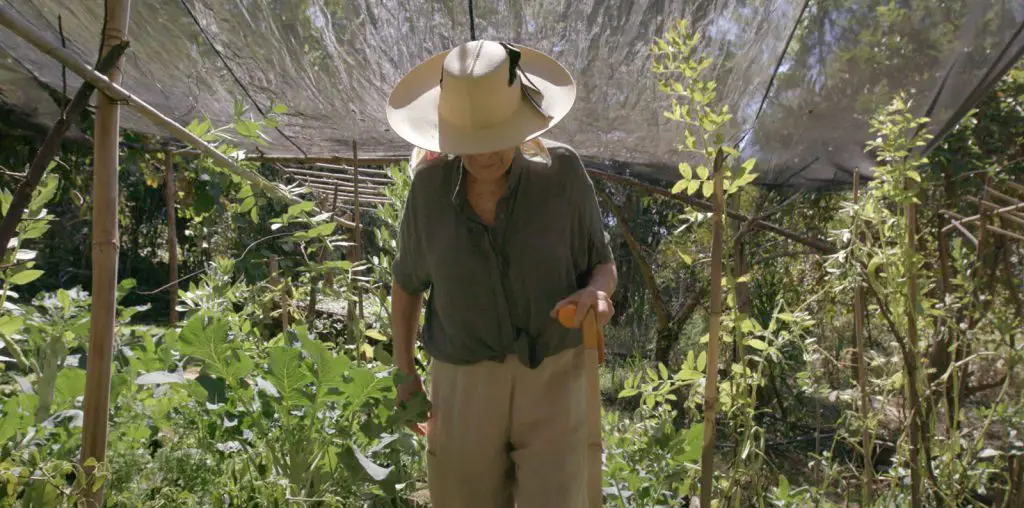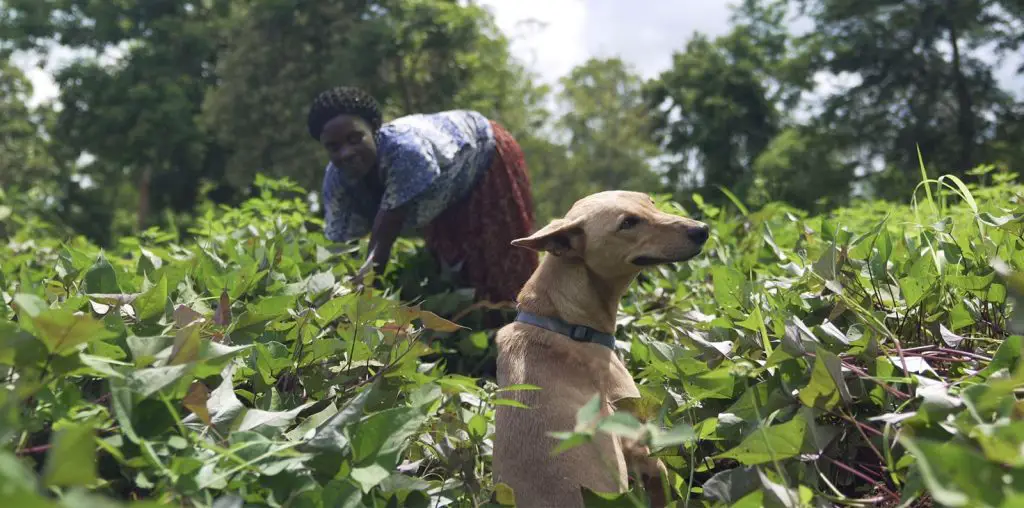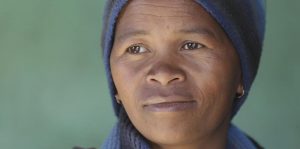
While for most, the name Madagascar conjures images of animated talking animals, it is a stark contrast from the realities of the country presented in the documentary Madagasikara. The East African country is the fourth largest island in the world and is also one of the poorest, with more than 75 percent of its population living below the poverty line on just $1.90 a day. Through the lives of three young women, director Cam Cowan gives us a glimpse of these conditions, living in various stages of squalor, contrasted with quick glances of its pristine, panoramic coastline.
Primarily shot in the village of Fort Dolphin (now Tonlanaro), the opening aerial shots suggest a tropical paradise that could double as a getaway ad. But through Cowan’s unflinching eye, Madigasikara looks under the stunning canopy to reveal a city mired in poverty, political unrest, and educational dead-ends. The three subjects who serve as our guides share tales of unfathomable hardships that have been handed down for generations, and we watch them desperately trying to shield their children from the inevitable difficulties they will soon face.
When the country established its independence in 1960, it remained in political turmoil until a wealthy business owner took over. Millionaire Marc Ravalomanana proceeded to plunge the country into economic despair, silenced independent news, and used the country’s military against its citizens. In contrast, the company he owned proceeded to profit (hmm, why does this sound so familiar?). He was finally forced out of office when it was revealed he had promised half the country’s farmable land to South Korea. After his removal, the economic aid from other countries was withdrawn, further punishing its citizens who were left even more under-educated and malnourished.
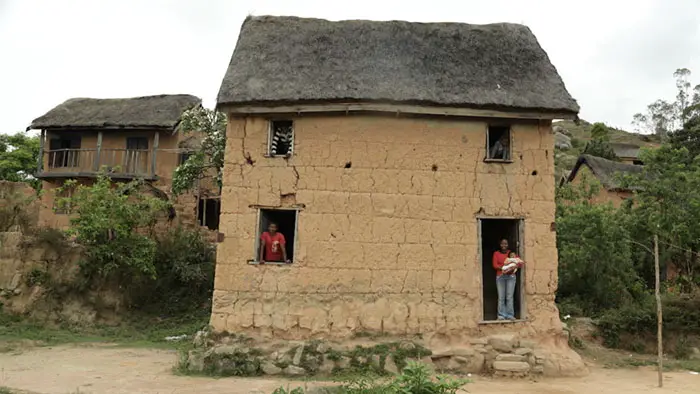
“…economic aid from other countries was withdrawn, further punishing its citizens who were left even more under-educated and malnourished.”
Madigasikara observes how this affects the lives of Lin, Tina, and Deborah. All three are strong, hard-working women who take wave after wave of economic punishment. None of them are seen as helpless, nor do they look for pity. They are merely looking to where their family’s next meal will come.
Throughout the documentary, Cowan takes a straightforward approach, allowing us to examine and reach our own conclusions. There is no manipulative swelling score, no inspiring speeches, and few montages of countrywide carnage. And by keeping it small and personal, the resonance of Madigasikara is all the stronger in its storytelling.
Clocking in at about 90 minutes, the movie feels like it merely scratches the surface of all the corruption and lying within the country. The material might be better suited to a multi-part docu-series that could provide even more context. Madigasikara also serves as a startlingly cautionary tale to the United States, whose path is eerily similar. Look at how the wealthy can isolate themselves in a country’s luxury and cavalierly cast their own citizens to life in a landfill.
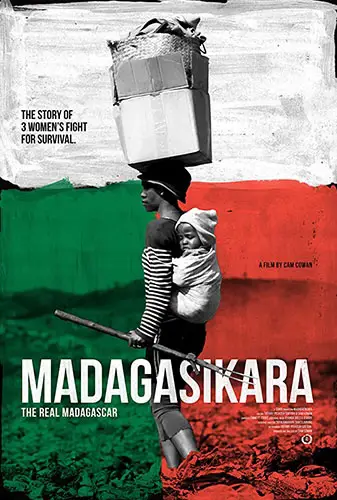
"…no manipulative swelling score, no inspiring speeches..."
